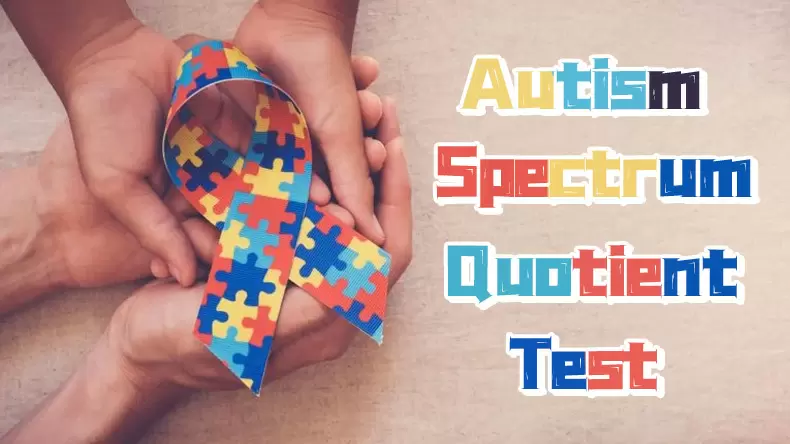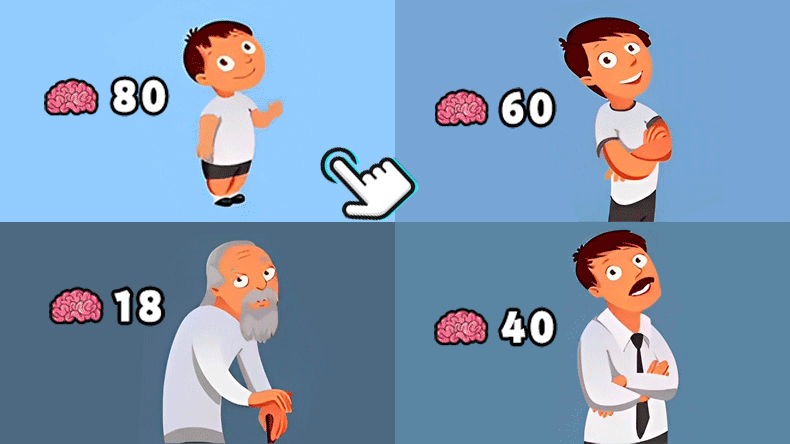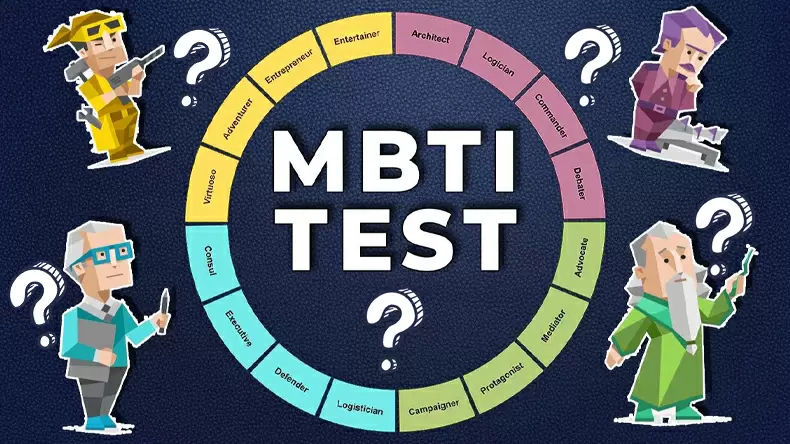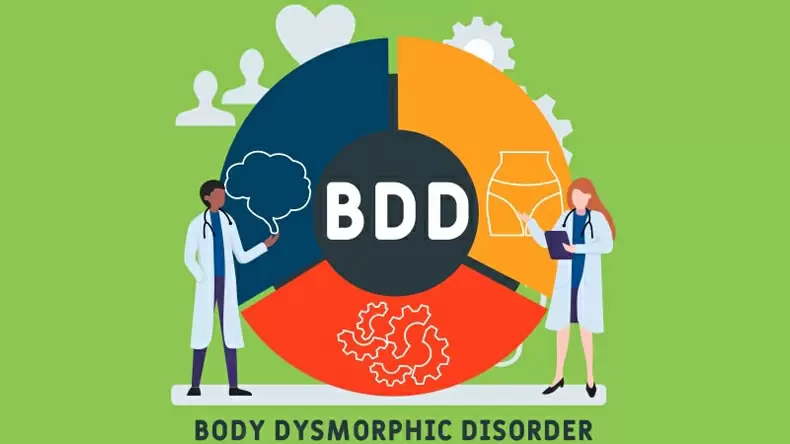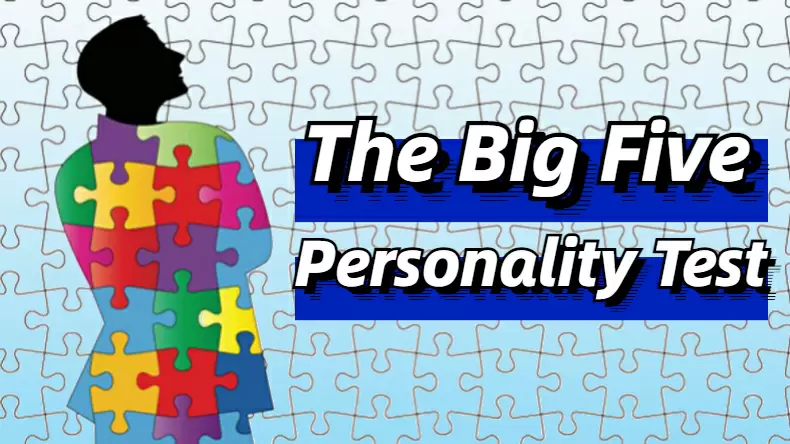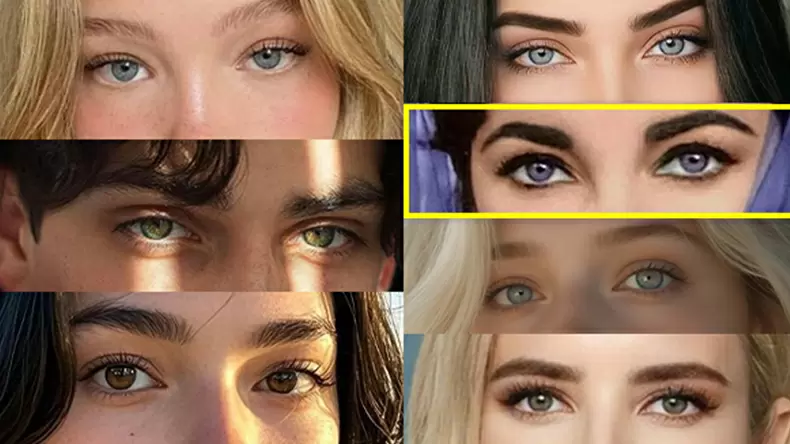Mine Clone 4
If you suspect that you or someone you know may have autism, it's important to get a professional diagnosis from a qualified healthcare provider. This quiz can help you identify some of the common symptoms of autism, but it is not a substitute for a professional diagnosis.
What is Autism?
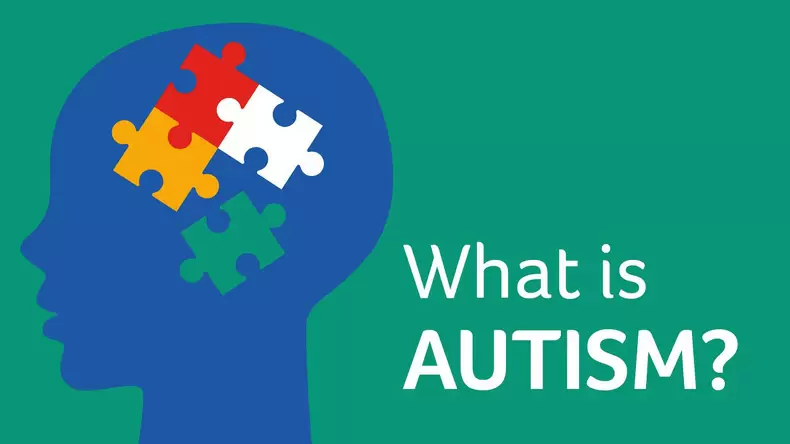
Autism, also known as Autism Spectrum Disorder (ASD), is a neurological and developmental disorder that affects communication, social interaction, and behavior. The disorder is called a spectrum disorder because the symptoms and their severity can vary widely from person to person.
According to the Centers for Disease Control and Prevention (CDC), the prevalence of autism in the United States is 1 in 54 children. The disorder is more common in boys than in girls, with a ratio of 4:1.
10 Symptoms of Autism:
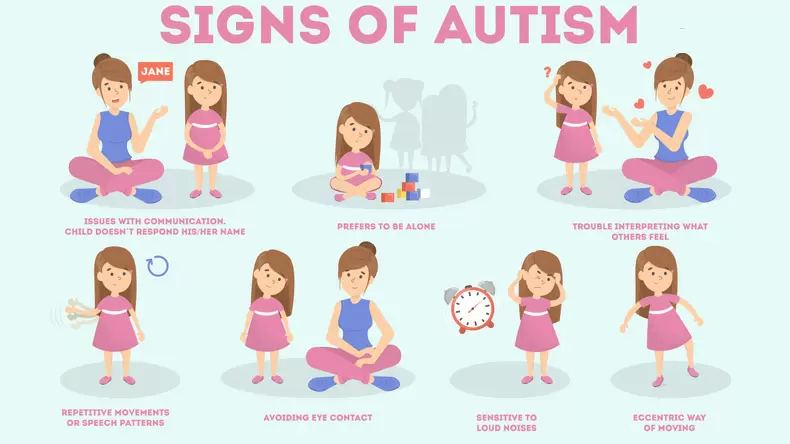
1.Difficulty with social interaction: One of the most common symptoms of autism is difficulty with social interaction. People with autism may have trouble understanding social cues, making eye contact, or engaging in reciprocal conversation. They may also have difficulty understanding the perspectives of others and may struggle with empathy.
2.Repetitive behaviors: Repetitive behaviors are another common symptom of autism. These can include repetitive movements, such as hand-flapping or rocking back and forth, as well as obsessive interests in specific topics or objects.
3.Delayed speech and language skills: Delayed speech and language skills are often early signs of autism. Children with autism may have trouble with verbal communication, including delayed speech or difficulty expressing themselves. They may also have difficulty with nonverbal communication, such as gestures or facial expressions.
4.Difficulty with changes in routine: People with autism may struggle with changes in routine or unexpected events. They may become upset or anxious when their routine is disrupted, and may have difficulty adapting to new situations or environments.
5.Sensory processing issues: Sensory processing issues are common in people with autism. They may be hypersensitive or hyposensitive to certain stimuli, such as loud noises, bright lights, or certain textures. This can lead to sensory overload or avoidance behaviors.
6.Difficulty with executive functioning: Executive functioning refers to a set of cognitive skills that are important for planning, organizing, and completing tasks. People with autism may have difficulty with executive functioning, which can make it challenging to plan and prioritize tasks, stay focused, and complete assignments.
7.Restricted interests: People with autism may have restricted interests or hobbies and may become fixated on specific topics or objects. They may have difficulty with flexible thinking, which can make it challenging to adapt to new situations or consider alternate perspectives.
8.Difficulty with imaginative play: Imaginative play, such as playing make-believe or pretend, may be difficult for people with autism. They may struggle with understanding and expressing emotions, which can make it challenging to engage in imaginative play.
9.Difficulty with social communication: Social communication, such as understanding sarcasm or non-literal language, can be challenging for people with autism. They may take things literally or struggle to understand the nuances of social communication.
10.Difficulty with motor skills: People with autism may have difficulty with fine or gross motor skills, such as tying shoes or catching a ball. This can make it challenging to participate in sports or other physical activities.
If you're concerned that you or someone you know may have autism, taking a quiz can be a helpful first step in understanding the symptoms and seeking a diagnosis.Keep in mind that this quiz is not a substitute for a professional diagnosis, and you should always consult with a qualified healthcare provider if you have concerns about autism.
POPULAR
Which Disney Princess are You? Quiz
Greenlight Redlight
Quiz: Am I Straight - Test Your Heterosexuality
Cut The Rope 2
Pooh Pathology Test: What's Your Winnie the Pooh Pathology? Quiz
Garfield Checkers
Which BLACKPINK Member Are You? Quiz
Home Scapes
Sexuality Test: Discover Your True Colors Quiz
Happy Glass
Mental Age test: What's your mental age? Quiz
Worm Hunt - Snake Game Io Zone
16 Personalities Test - Find Out Your 16 Personalities Type Quiz
Clash Of Skulls
Gay Test: Am I Gay Quiz?
Spiny Maze Puzzle
Sissy Test: Am I Sissy? Quiz
Candy Riddles Free Match 3 Puzzle
Picky Eater Test: Are You a Picky Eater? Quiz
Among Us The Imposter
Harry Potter Quiz: Which Hogwarts house do you belong to?
Garden Tales 2
BDSM Test: Exploring Your Kinky Side Quiz
The Powerpuff Girls Doodle Maker
Omegaverse Quiz: What ABO type Are You?
Fruit Ninja
Which Sanrio character Are You? Quiz
Peppe Pig Ice Skating
Soldier, Poet, King Personality Quiz
Tom And Jerry Matching Pairs
How Can I Show Love? Love Languages Test Quiz
Captain Sniper
When Will I Die? Death Calculator Quiz
Football Brawl
Am I A Furry? Quiz
Hungry Shark Arena
Which South Park Character Are You? Quiz
Spongebob Saves The Day
Smile Dating Test Quiz
Sonic Run Adventure
Lesbian Test: Am I Lesbian? Quiz
Super Mario Run
Idiot Test: Am I an Idiot? Quiz
Pinkie Pie Color Puzzle
Body Dysmorphia Test: Do I Have BDD? Quiz
Disney Junior Holiday Party
The Big Five Personality Test Quiz
Drop N Merge
What Animal Am I? Personality Test Quiz
The Smurfs Ocean Cleanup
What is My Angel Number? Personality Test Quiz
Ninja Hands
Are you A Top or A Bottom? Quiz
New Quiz
What's Your Crush's Secret Thought About You? Quiz
What Eye Color Does My Future Crush Have? Quiz
What's the First Initial of Your Crush? Quiz
Which Plant Personality Are You? Quiz
Who Is My Digimon Partner? Quiz
Your 2025 Word Of The Year Quiz
